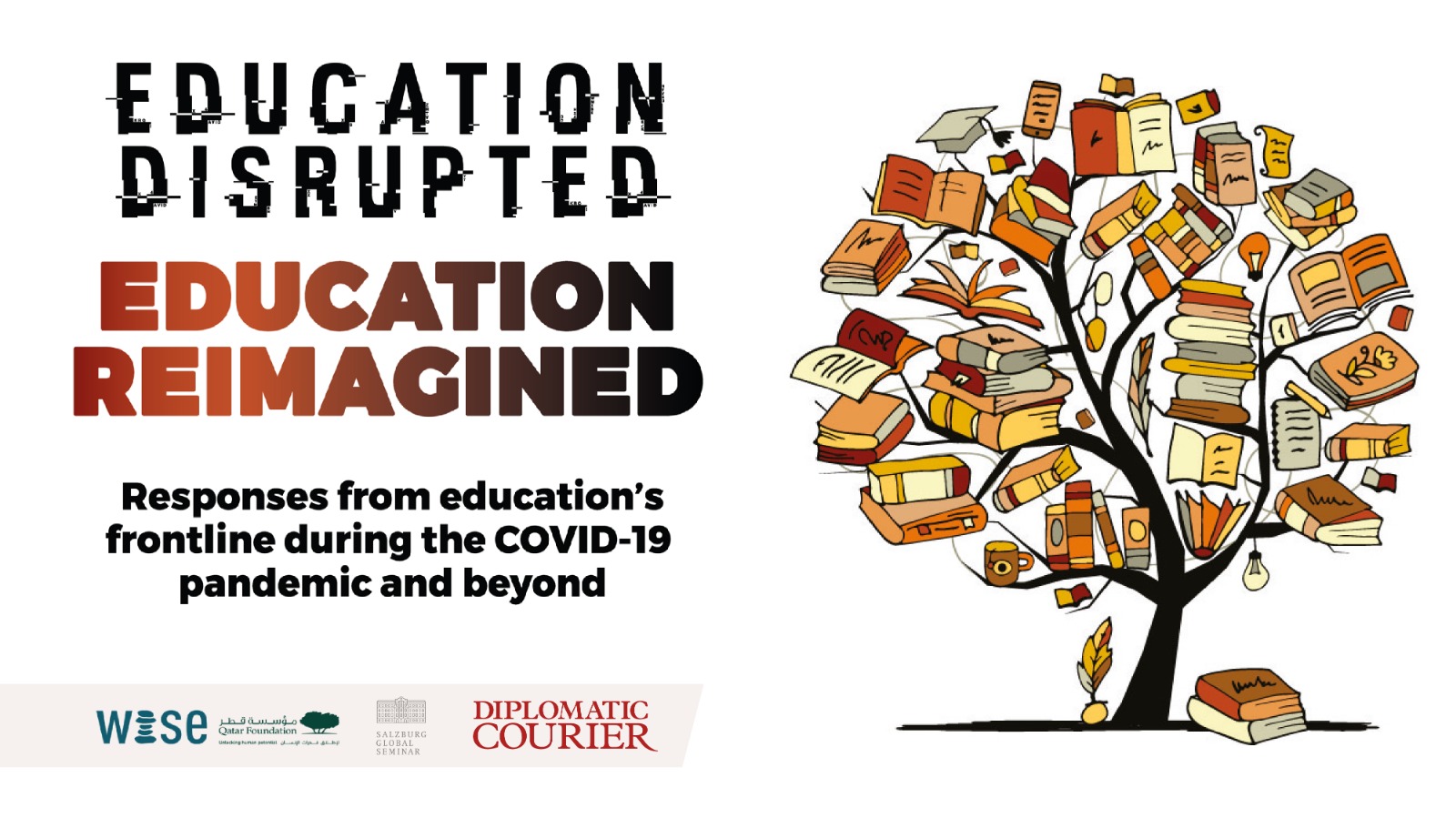Special Edition E-Book: Education Disrupted, Education Reimagined

It is no longer news that the COVID-19 pandemic has brought about massive disruption to the education ecosystem—to the learners, teachers, school leaders, parents, and policymakers alike. The changes have been so pervasive, fast-moving, and frequent that one could blink and miss them. After all, there have only been few instances in human history when disruption at this magnitude happened in the span of less than a year.
Since early February, more than a billion students have been out of school—some of them will not be able to return. UN Secretary-General António Guterres recently called this a “generational catastrophe” and indeed, some of the gains we have made in the past 25 years through the Millennium Development Goals and now the Sustainable Development Goals, were erased just in the first five months of the pandemic.
But this is not a story of despair. This is a story of resilience and hope.
The special edition E-Book you are reading about today was produced in real time, as WISE, in partnership with Salzburg Global Seminar, convened key stakeholders and education leaders from over 98 countries in a three-part series of global conferences aimed at bringing the global education community together. The result is a contemporary historical record of how schools, NGOs, governments, and international organizations responded to school closures during the crisis and how they are attempting to use this crisis as a springboard to reimagine—and even transform—education in their communities and countries.
Key stakeholders on education’s frontline during the crisis, including from schools, NGOs, governments, and international organizations, contributed over 40 articles and essays, documenting the experiences, struggles, successes, and innovations of key institutions on education’s frontline.
From documenting the crisis in real-time to offering short- and long-term solutions, one question remains now: what’s next; what will change?
The E-Book offers an opportunity to a global audience to make sense of what happened but it also offers a breeding ground of ideas from some of the world’s top education thinkers. It is the editors’ sincere hope that through this publication we provide the education community with a reference point from the crisis from which future research, policy, and innovation can grow.


